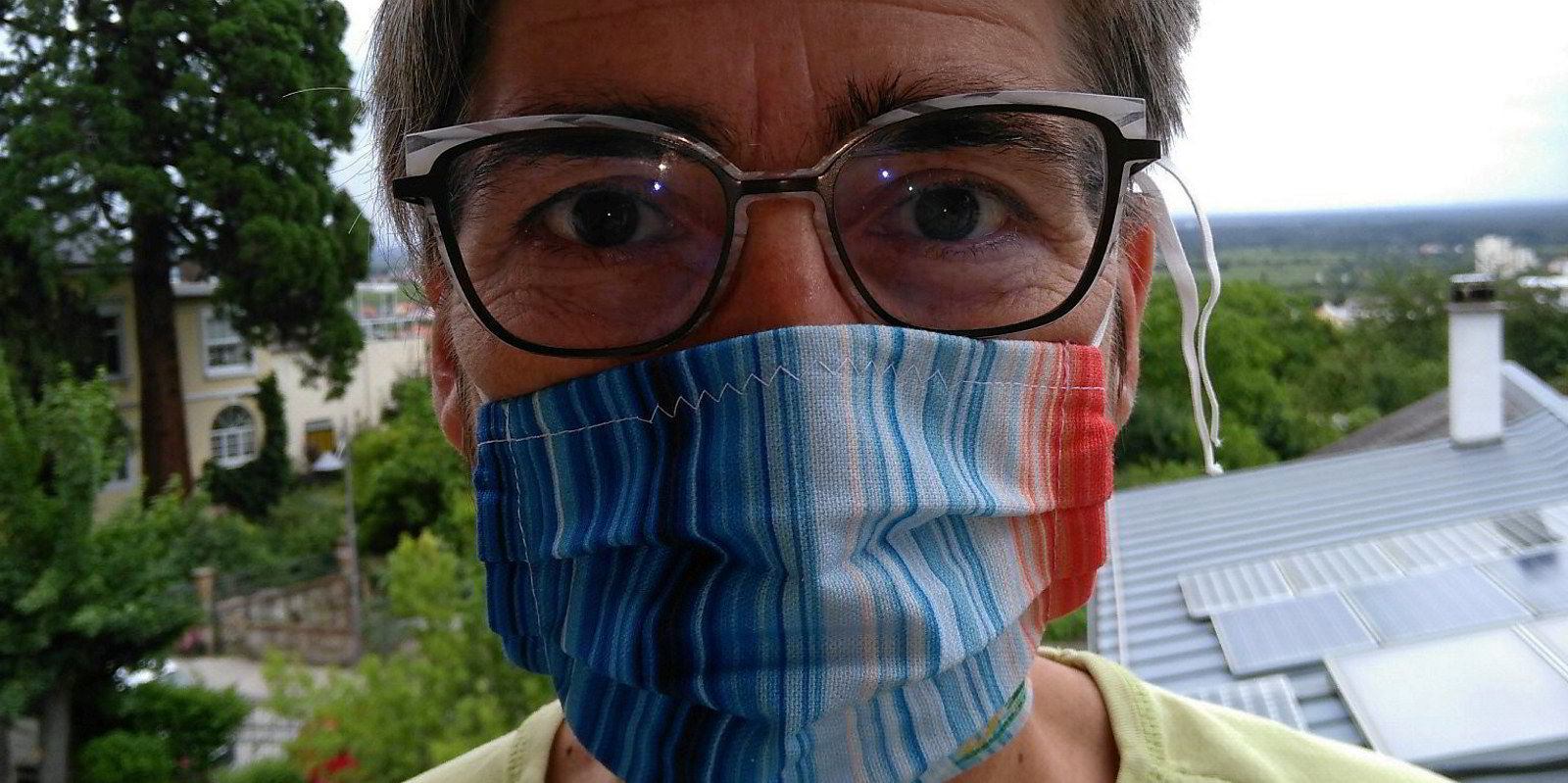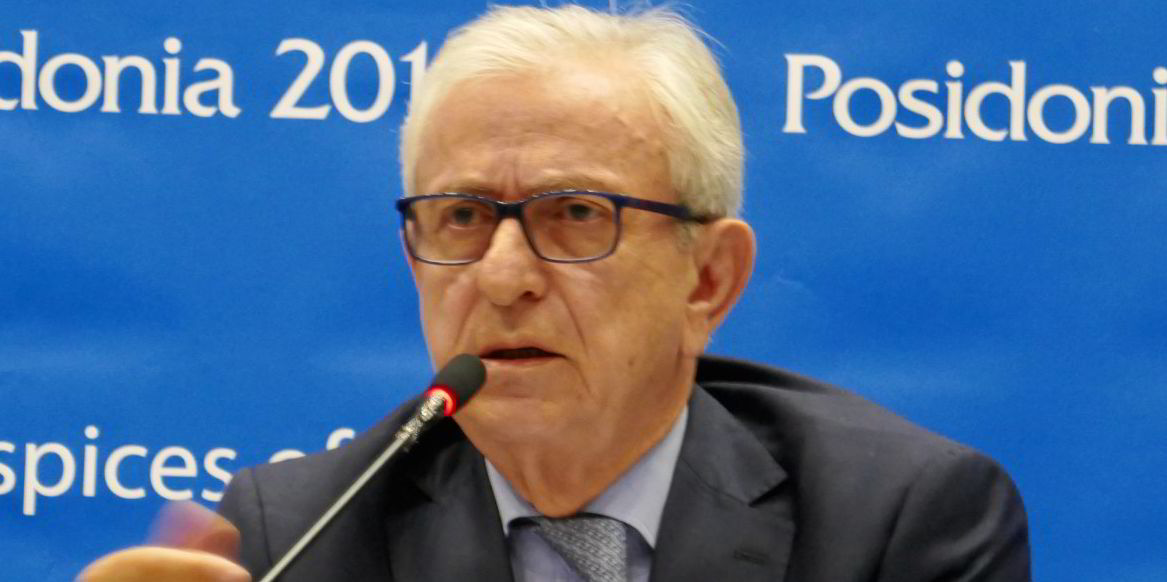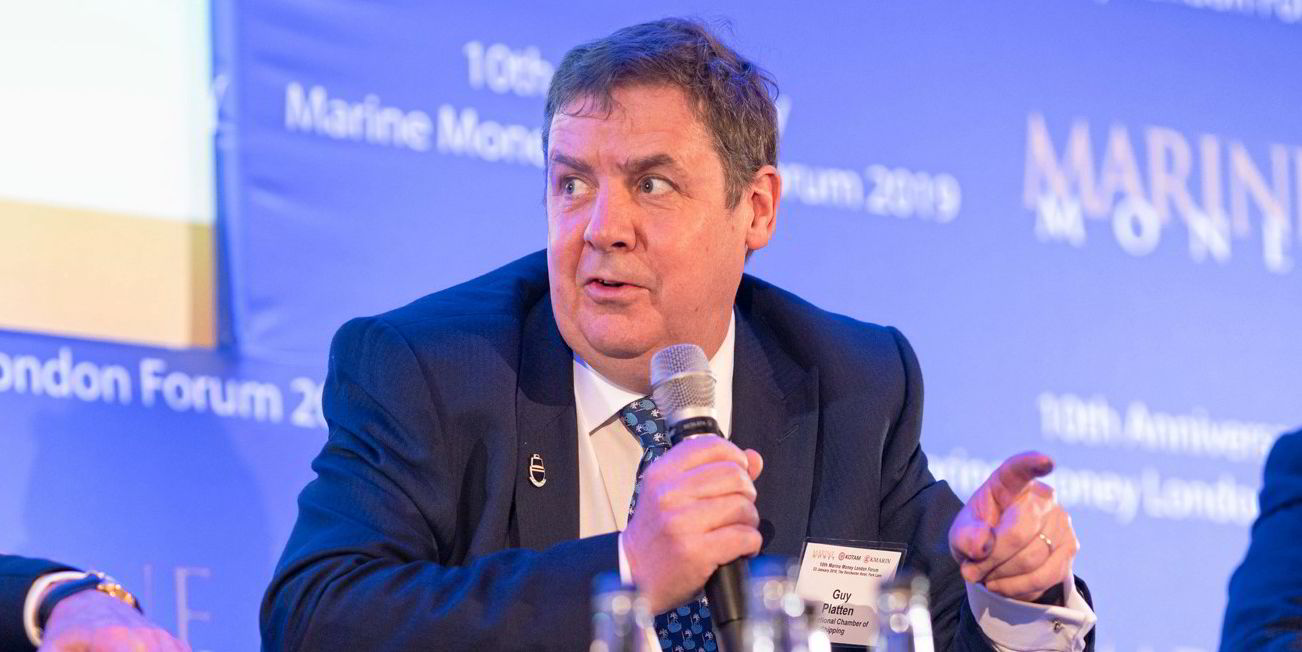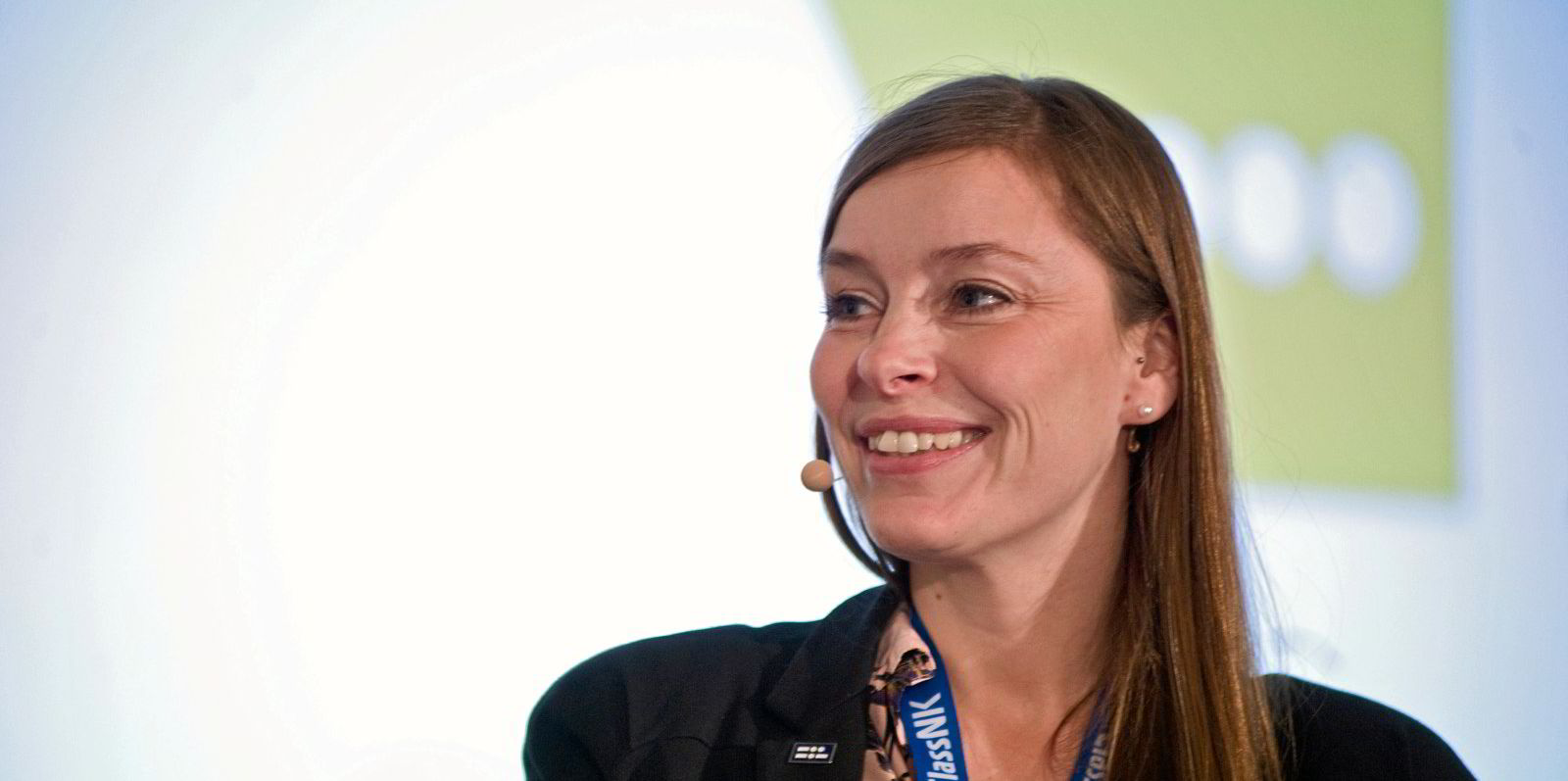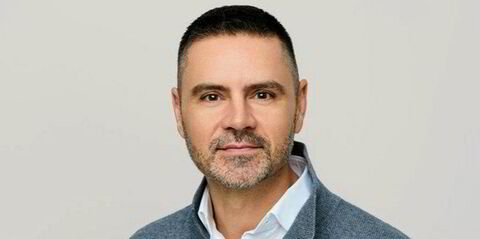The European Commission says it is not afraid of retaliation against its newly launched maritime Emissions Trading System (ETS), though history suggests this is not true.
Attempts to expand the European Union ETS to non-EU aircraft journeys in 2012 were quickly forgotten when rumours surfaced that Airbus orders were at stake.
For shipping, there is a different story. On the grounds that the International Maritime Organization is “very slow” — a criticism with which few would disagree — the EC wants both intra-EU traffic and 50% of incoming and outgoing legs included.
The obligation to “surrender allowances” — pay — would therefore begin and end somewhere on the high seas.
This partial inclusion neutralises the claim, made by the World Shipping Council and others, that Brussels is seeking to regulate its trading partners’ territorial waters. “We do not pretend to regulate the entire world,” said a senior Brussels official.
This is also untrue. Cartel and merger decisions made in Brussels have a worldwide impact. In the field of ship breaking, too, Brussels inspects non-EU yards to ensure compliance.
Will so-called ‘partial scope’ — the inclusion of half rather than all international emissions — fend off retaliation threats to the maritime scheme?
Shipping’s energetic lobbyists say it will not; many are clearly out to reduce the law’s scope to intra-EU journeys only.
Sacrificial lamb
Proposing the inclusion of international emissions may even be a sacrificial lamb. There are several elements of the EC’s maritime package, such as the abolition of the tax-free status of bunkers, which seem almost destined to fail.
The EC knows this. Its argument to national capitals will be: if you do not want this, what else do you propose so that we meet our climate goals?
EU governments will come to the table with their own wish lists. Finland wants a special regime for ice breakers, which use more powerful engines and consume more fuel. Otherwise, the EU’s northern periphery would be put at a trading disadvantage, it is claimed.
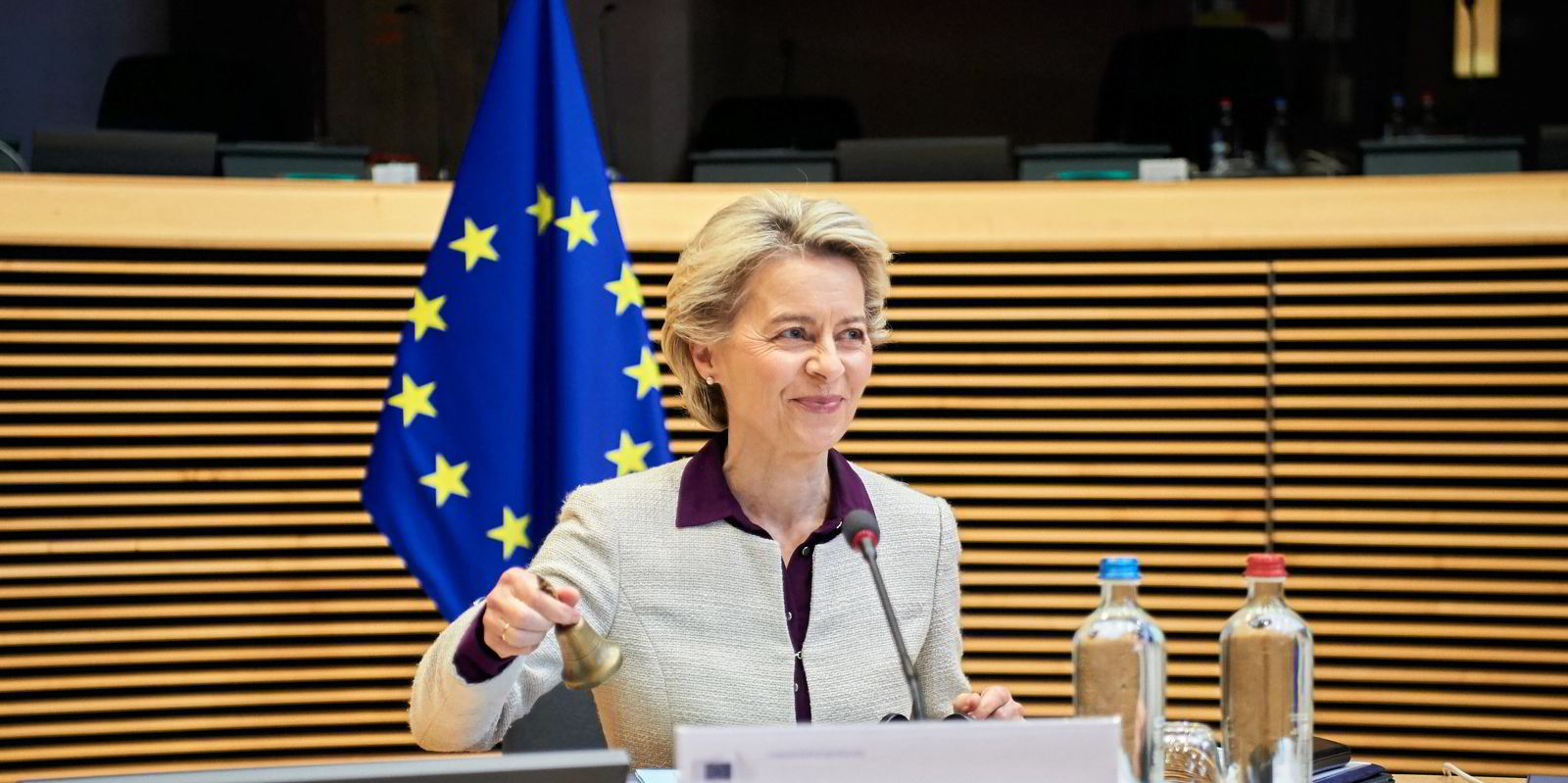
Some governments, such as Greece, still have not given up hope that the whole idea will be abandoned in favour of the IMO.
Greek owners, who control a massive 58% of EU tonnage, have confusingly blown hot and cold on the subject.
“…we fully understand the deep concerns of the EU’s international trading partners and their opposition to the imposition of this unilateral burden on international trade, which is perceived as a revenue-generating measure…”, Theodore Veniamis, president of the Union of Greek Shipowners (UGS), said last week.
This is a sharp U-turn on the UGS' April call for the inclusion of international legs on the grounds that an intra-EU system would “unfairly put most of the burden on short-sea shipping operators and reduce the environmental effectiveness of the measure”.
An explanation for this contradiction might be found by looking at the joint signatory on the April statement: Transport & Environment, the Brussels green lobby.
Could it be that Greek owners temporarily called for the widest possible ETS system in order to sign the green lobby up to their primary goal: making charterers liable?
Guiding light
The European Parliament’s position will be key. Guided by chief negotiator Jutta Paulus, a German Green party member, the assembly in theory already established its ETS position last year when discussing a separate but parallel law on CO2 data collection.
Paulus believes this position, and its call for the potential inclusion of methane emissions, should stand. Those considering LNG investments should take note.
The EC’s proposal raises many more questions.
Who will send out ETS invoices to the so-called “shipping companies” (a slippery term)? Will the law trigger transshipment by box carriers and car carriers outside EU waters? Will charterers simply disappear, or go bust, rather than pay up?
Negotiations in Brussels on the final wording are expected to last at least a year, possibly two.
Justin Stares is Editor of maritimewatch.eu
